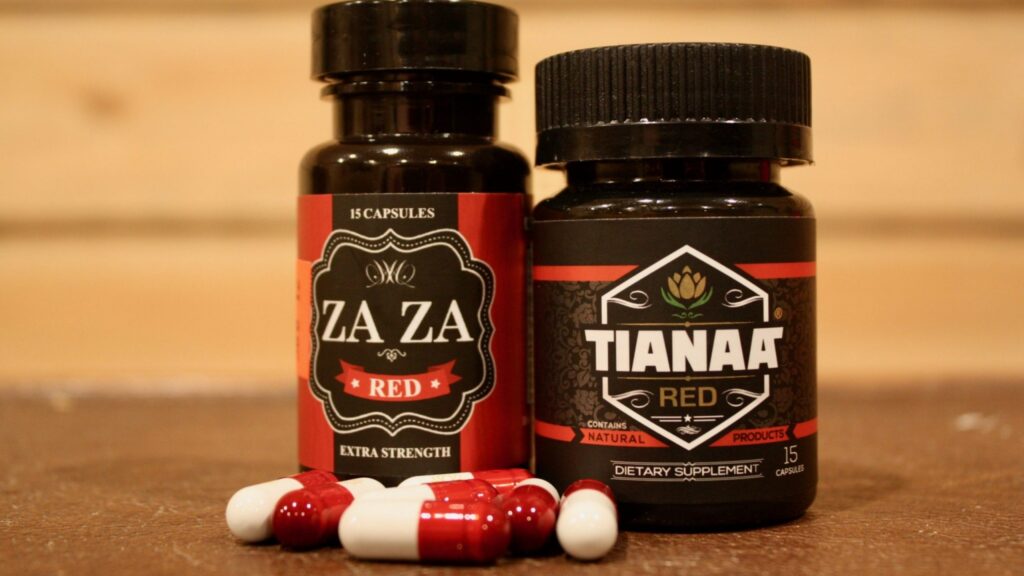TIANEPTINE
Common Drug Names: zaza, tia, tianna, pegasus, TD red, gas-station dope, gas-station heroin

Tianeptine, a drug marketed to treat depression and anxiety, is not approved by the U.S. Food and Drug Administration for any medical use. There have been many warnings published regarding use of tianeptine, but vendors continue to sell the drug. It is being sold in tablet or powder form.
Depression, anxiety, pain, opioid use disorder, and others are all conditions advertisers say tianeptine can treat. However, adverse effects can occur when using the drug. These effects include agitation, drowsiness, confusion, sweating, rapid heartbeat, high blood pressure, nausea, vomiting, slowed or stopped breathing, coma, and death. It is said to mimic the effects of opioid use and the subsequent withdrawal.
Tianeptine affects brain chemicals. It seems to affect mood when used in low doses. In higher doses, it works like an opioid and can cause addiction and other serious side effects. It can also cause withdrawal.
Tianeptine can come in the form of a salt, powder, or pill that may look similar to hydrocodone or oxycodone. It is also often marketed as a supplement, making it hard for consumers to understand its dangers when it is sold in stores. This may not be identified in routine drug screening panels.
Some reported adverse effects from ingesting Tianeptine include;
- coma
- agitation
- confusion
- drowsiness
- nausea
- respiratory depression
- sweating
- tachycardia (fast heart rate)
- vomiting
- death
Like other antidepressants, tianeptine takes some time to affect the mind and body, meaning withdrawal does not occur right after use.
Withdrawal symptoms include:
- Abnormal body movements like restless leg syndrome or involuntary jerking movements
- Body aches
- Chills or hot flashes
- Cognitive impairments such as confusion, difficulty concentrating, and memory problems
- Cold or flu-like symptoms
- Diarrhea
- Fatigue
- Headaches
- Insomnia
- Irritability
- Muscle aches and pains
- Nausea and/or vomiting
- Rebound symptoms of depression and anxiety
- Stomach pain
- Sweating
- Tremors and shaking
Detox from tianeptine should be done under medical supervision to ensure safety and to reduce discomfort caused by withdrawal symptoms. Sometimes a replacement opioid tapering schedule can be administered over 7 to 14 days. Comfort medications can be administered to make withdrawal symptoms more tolerable. Psychological support and guidance are also highly recommended during drug discontinuation phase and thereafter.
U.S. Food and Drug Administration: Tianeptine Products Linked to Serious Harm, Overdoses, and Death
SAMHSA's National Helpline - 1-800-662-HELP (4357)
SAMHSA’s National Helpline is a free, confidential, 24/7, 365-day-a-year treatment referral and information service (in English and Spanish) for individuals and families facing mental and/or substance use disorders.
SAMHSA's Behavioral Health Treatment Services Locator
Narcotics Anonymous
Narcotics Anonymous offers recovery from the effects of addiction through working a twelve-step program, including regular attendance at group meetings. The group atmosphere provides help from peers and offers an ongoing support network for addicts who wish to pursue and maintain a drug-free lifestyle. Find an NA meeting near you.
For Providers: Minnesota Alliance of Rural Addiction Treatment Programs
